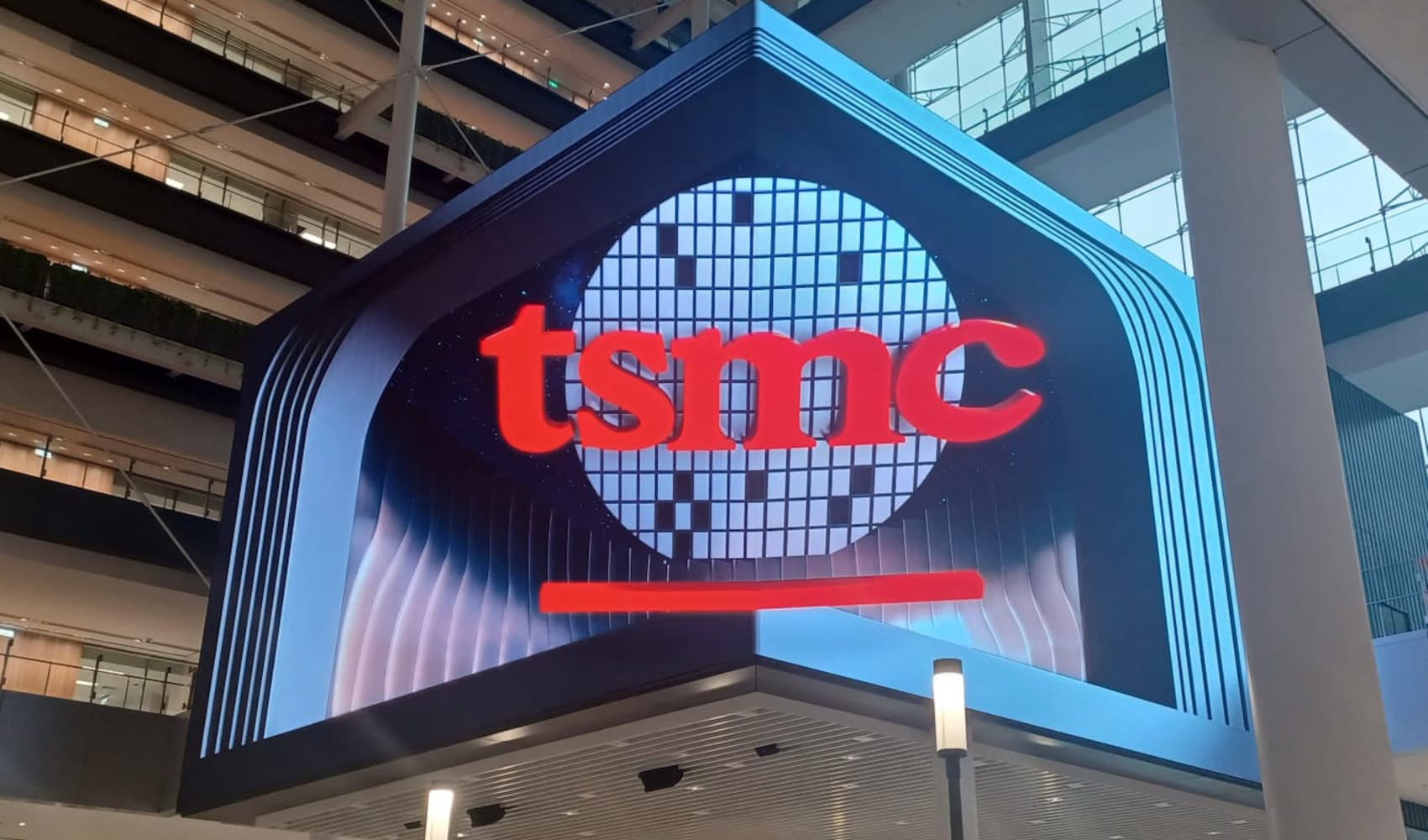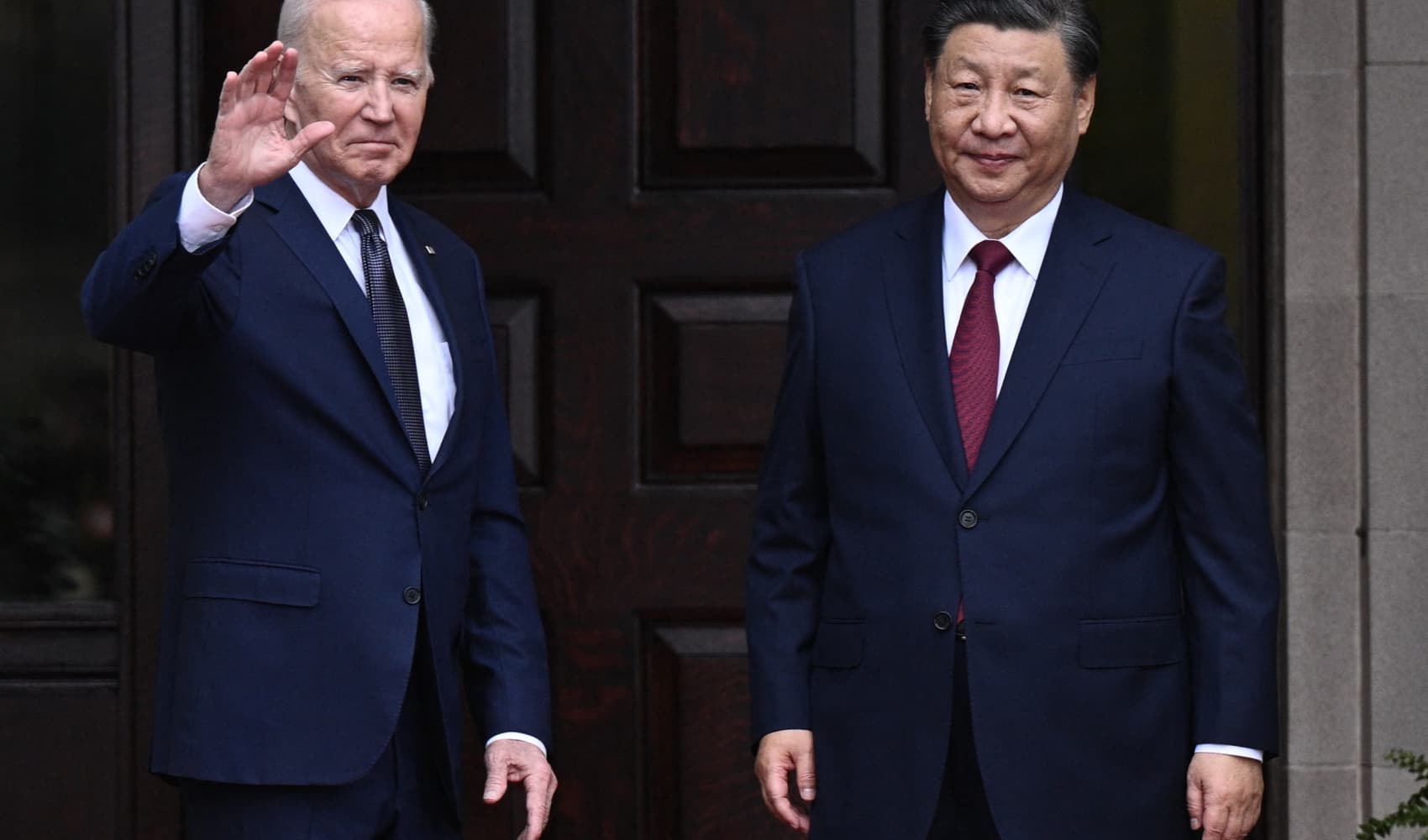
Three key pandemic-era unemployment benefits programs established by the March 2020 CARES Act are set to expire on Sept. 6.
The March 2020 CARES Act established three new federal unemployment aid programs: Pandemic Unemployment Assistance, or PUA, which covers those not traditionally eligible for aid; Pandemic Emergency Unemployment Compensation, or PEUC, which extends aid to those who've exhausted their state's benefits period; and Federal Pandemic Unemployment Compensation, or FPUC, a weekly boost intended to help people recover more of their lost wages.
Nearly 13 million people were still collecting jobless aid as of mid-July, including 9.4 million drawing from PUA or PEUC specifically.
Governors in 26 states already announced plans to withdraw from federal benefits early in June and July, though some have faced legal challenges.
Get Connecticut local news, weather forecasts and entertainment stories to your inbox. Sign up for NBC Connecticut newsletters.
Here's what will happen when the aid programs expire in the rest of the U.S. after Sept. 6.
People collecting PUA lose all jobless aid
People on PUA don't qualify for any other type of unemployment insurance. During the pandemic, this program supported people who couldn't work due to child- or dependent-care needs, as well as the self-employed, freelancers, gig workers and part-time workers.
Money Report
As of Sept. 6, these recipients will not have another safety net to recover lost wages.
People collecting PEUC may qualify for extended benefits
PEUC offered additional weeks of jobless benefits to the long-term unemployed who exhausted their state's benefits window, which averages 26 weeks but can vary.
After Labor Day, workers in some states may be eligible for continued aid by moving over to Extended Benefits, a federally funded aid program that kicks in depending on their state's unemployment rate. EB generally offers an additional 13 to 20 weeks of jobless aid.
These benefits are currently on in nine states and Washington, D.C. However, as Andrew Stettner of The Century Foundation wrote, five states and D.C. are paying EB on the condition of it being 100% federally funded.
"As of September 6, we predict that only Alaska, Connecticut, New Jersey, and New Mexico will be able to transition exhausting PEUC recipients onto EB, but with 50% state funding," he wrote.
If a worker already depleted their EB weeks earlier in the pandemic, they will not have any additional weeks after PEUC runs out on Labor Day.
Everyone loses the $300 weekly supplement
Under the CARES Act, everyone receiving jobless benefits was entitled to a weekly supplement, which started at $600 per week and was later reduced to $300 per week.
By Sept. 6, The Century Foundation estimates, 3 million people will remain eligible for unemployment insurance and will no longer have this weekly booster.
Without the supplement, state benefits replace about 38% of a worker's previous wages on average, according to the Labor Department.
Could pandemic unemployment benefits be extended?
While the ongoing public health crisis could "make people think twice about this cutoff of benefits," Stettner told CNBC Make It, "people are holding out hope for that extension, but to be honest, there's not a lot of political momentum behind it right now."
Stettner said it's not clear that enough lawmakers would support the continuation of jobless benefits because critics are primarily focused on whether the $300 weekly boost disincentivizes people from finding new work. While he sees little political support for continuing the $300 weekly benefit, "that doesn't mean we have to cut off everything."
Worker advocacy groups have called to make temporary programs such as PUA and PEUC permanent in order to address the vulnerable and marginalized workers left out of traditional unemployment insurance systems. Americans most likely to be supported through PUA and PEUC — the long-term unemployed, self-employed, freelancers, gig workers, part-time workers and caregivers — are also disproportionately Black, Hispanic, Asian, women and low-income earners.
Stettner added that unemployment programs have been extended before during previous recessions, including the 2008 financial crisis, when Congress ended enhanced jobless aid in December 2013.
"They're usually kept in place several years into a recovery period," Stettner said, "with the understanding unemployment happens fast, but reemployment takes time."
Check out:
Could pandemic unemployment be extended beyond Labor Day? What experts are saying
Millions will lose pandemic unemployment in September—many have already been cut off
Sign up now: Get smarter about your money and career with our weekly newsletter






